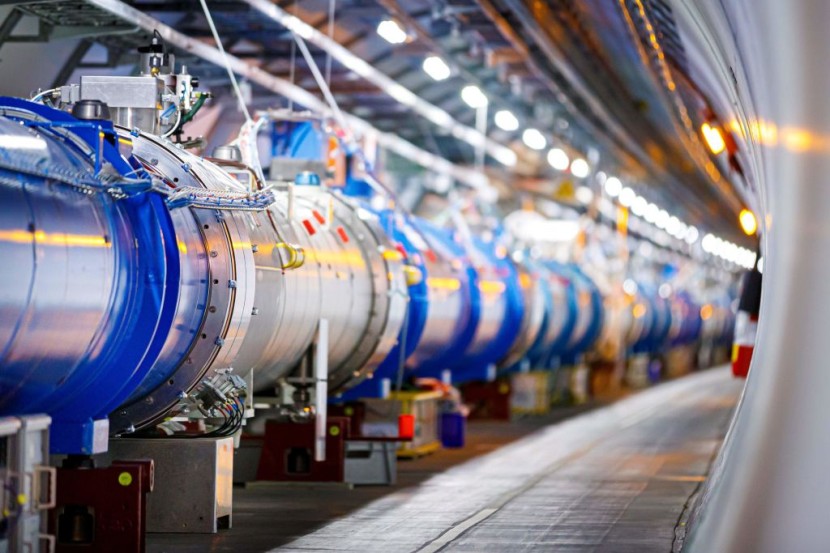
While many Americans will celebrate the July 4 holiday as the birthday of the United States, physicists and science enthusiasts will also celebrate the 10th anniversary of the discovery of the Higgs Boson, more commonly known as the "God's Particle."
The particle's existence was first predicted by Peter Higgs in the 1960s and he theorized that we are surrounded by an ocean of quantum information known as the Higgs Field. However, his Nobel Prize-winning discovery makes everything else in our universe possible.
Higgs Boson Particle
The existence of the God Particle is one reason why everything we see, including ourselves, all planets, and stars, has mass and exists, which is why it was given its name. The Higgs Boson, which was hypothesized by Higgs and other physicists in 1964, could only gain mass by interacting with a field that permeates the entire universe.
This means that if the field did not exist, the particle would simply float freely and move at the speed of light. Unlike many other notable discoveries in the science world, the Higgs Boson cannot simply be "found" in a traditional sense, it must be created, as per MSN.
After it has been created, evidence of its decay is observed in data collected at the Large Hadron Collider at CERN. At the world's largest particle accelerator, where scientists smash protons together near the speed of light in a vast, racetrack-like 27-kilometer tunnel that sits 300 feet underground at the border of France and Switzerland, experts knew that they had found evidence of the particle's decay in 2012.
In the decade since the Higgs Boson was first observed, many technologies were advanced, including in healthcare, industry, and computing. Physicists, since the announcement of the particle's discovery on July 4, 2012, continued to analyze how the Higgs Boson interacts with other particles in order to see if it lines up with what is known as the Standard Model of physics.
According to Gizmodo, there are many fascinating experiments that are currently underway that may provide the next big leap in scientists' understanding of the subatomic universe. Some experts also expressed their thoughts on what the next discovery could be, with Paul Padley, a physicist at Rice University, saying that we would have a better understanding of dark matter in the near future.
The God Particle
Theoretical cosmologist at the University of Chicago, Michael Turner, said that the discovery of the dark matter particle would solve a problem that has been going on for the past century. He also noted that scientists could discover the signature inflation-produced gravitational waves in the polarization of the Cosmic Microwave Background.
Physicist Javier Duarte, on the other hand, was able to kick off his scientific career by witnessing the biggest particle physics event in decades with the discovery of the Higgs Boson. He said that he was physically at CERN the week before the announcement was made.
Physicists spent the last decade analyzing the Higgs Boson and cataloging its properties and how it interacts with several other particles. While measurements so far have been in line with the predictions made by the standard model, any discrepancy would mean that there are unknown particles waiting to be discovered, Science News reported.
Related Article:
Supermassive Blackhole Spins So Slow it Baffles Scientists; Possible Reasons Explained
© 2025 HNGN, All rights reserved. Do not reproduce without permission.








